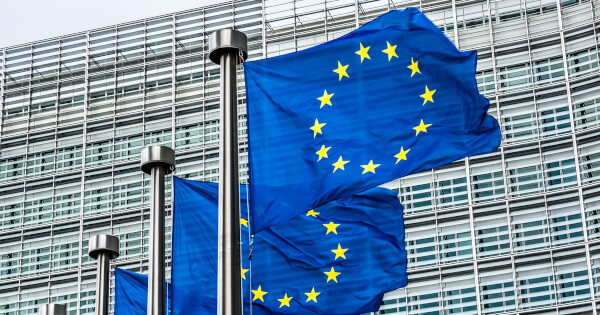EU's ESMA Wants Public Input on Proposed DLT Regulation
Godfrey Benjamin Jan 06, 2022 07:30
The European Union’s Securities and Markets Authority has called on concerned market stakeholders to comment on its proposed regulation for the use of Distributed Ledger Technology in securities trading and settlement.

The European Union’s Securities and Markets Authority (ESMA) has called on concerned market stakeholders to comment on its proposed regulation bordering on the use of Distributed Ledger Technology (DLT) for use in securities trading and settlement.

Dubbed the “call for evidence,” the ESMA said it seeks feedback from stakeholders on the need to amend the RTS on pre-and post-trade transparency and data reporting requirements in the context of the DLT Pilot.
According to the notification published by the ESMA, the DLT pilot is not completely finalized; however, there is a political agreement between the EP and the Council to establish the framework. On this ground, the regulator wants public input prior to finalizing the regulations for the European Commission to approve.
The Call for Evidence is targeted at trading venues, securities settlement systems, and entities that are considering operating under the DLT Pilot and for market participants that plan to use DLT market infrastructures. The deadline for submission of comments was slated for March 4. The ESMA hopes by its timeline. The DLT Pilot will be implemented across each EU member state by early 2023.
The European Union is very upfront about regulating the digital currency ecosystem and the unique technologies that are affiliated with the industry. While The ECB issued a report regarding stablecoins and describes these assets as “digital units of value that are not a form of any specific currency (or basket thereof) but rather, by relying on a set of stabilization tools,” which try to minimize the volatility of their prices, the EU’s apex bank is concerned with the lack of sweeping regulations governing the use of these assets.
Other countries, including the United States, share this sentiment. While many watchdogs do not dispute the innovative nature of these crypto-assets and their underlying technologies, surveillance and advocacy to regulate the space have grown in recent times.
Image source: Shutterstock.jpg)